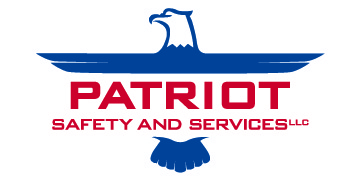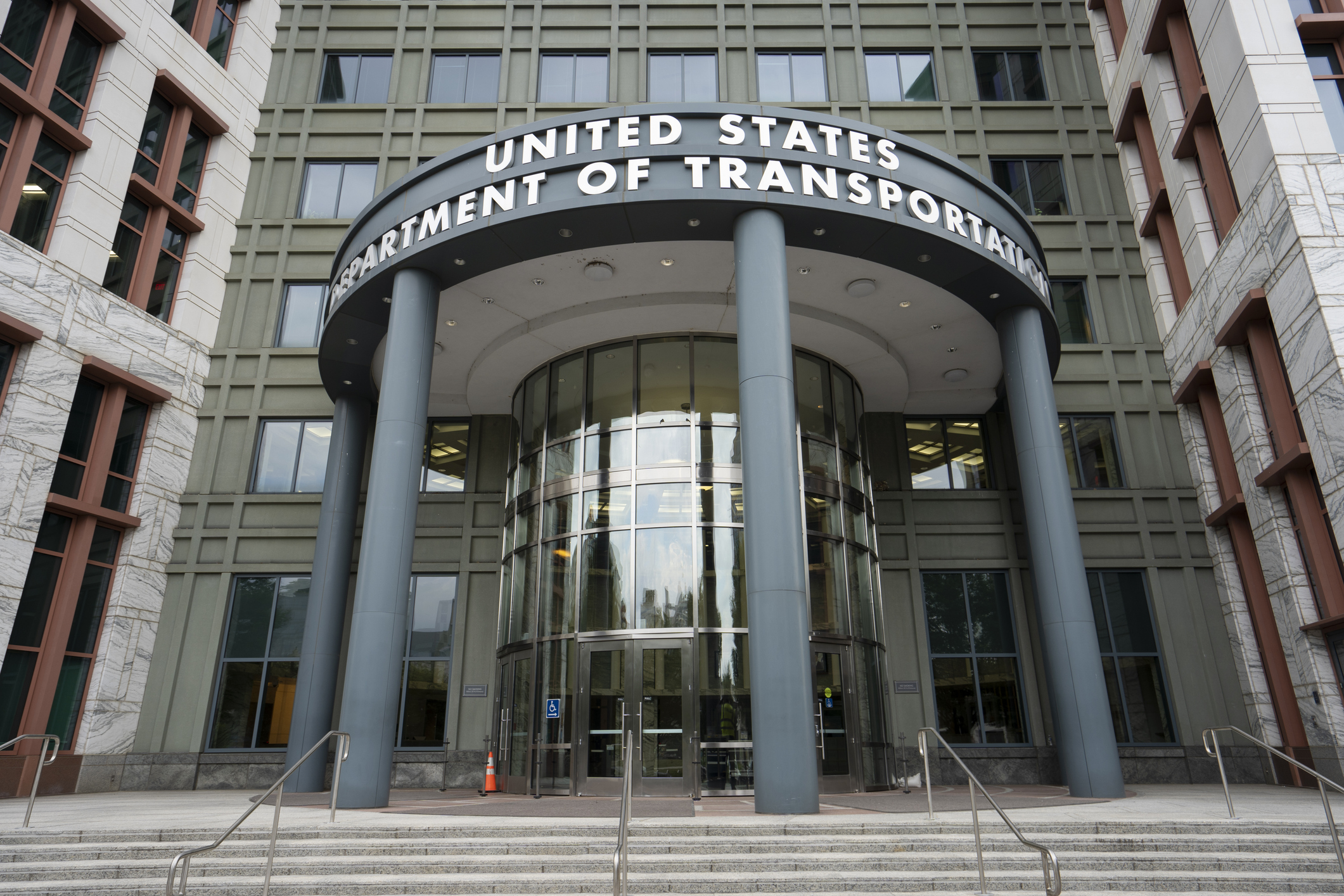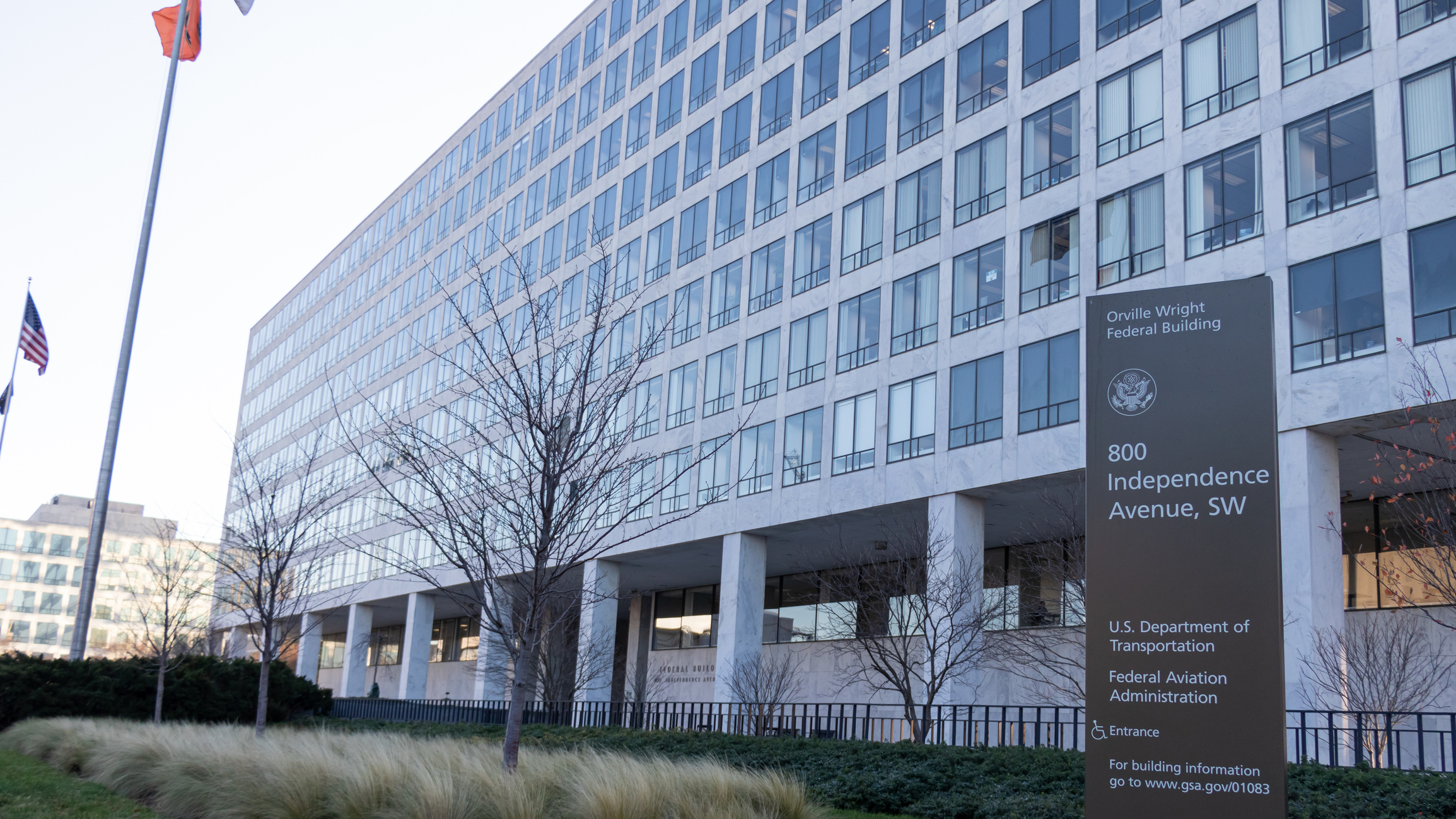The Expanding Role of Criminal Background Checks in Employment Decisions
In today’s hiring environment, businesses are under increased pressure to make responsible decisions that protect their staff, customers, and operations. Criminal background checks have become a central part of this process. Whether a company is hiring for healthcare, transportation, childcare, education, or finance, criminal background checks help ensure that candidates meet legal standards and do not pose a safety or reputational risk.
Criminal background checks allow employers to verify whether a candidate has a record of convictions, pending charges, or other criminal history that could impact their eligibility for certain positions. These checks are often required by state or federal law and serve as one of the most effective tools for mitigating hiring risk.
As regulatory requirements and public expectations grow more complex, criminal background checks must be conducted thoroughly, fairly, and in accordance with both compliance standards and equal opportunity guidelines. Businesses that fail to approach criminal background checks responsibly may face legal challenges, compliance audits, or damage to their public reputation.
What Criminal Background Checks Typically Include
Most criminal background checks are designed to uncover a candidate’s criminal record history at the county, state, and federal levels. Depending on the scope of the check, they may include searches of:
-
County courthouse records
-
State police databases
-
National criminal databases
-
Federal court systems
-
Sex offender registries
-
Domestic or international watchlists
Criminal background checks may also include fingerprint-based checks through the FBI, especially in regulated industries such as education, transportation, or healthcare. In addition, some employers may request global screening or alias name searches when hiring for high-level or sensitive roles.
The goal of criminal background checks is not just to identify any record, but to assess whether any aspect of a candidate’s history is directly relevant to the job being filled. For example, a DUI conviction may be a critical factor for a driver position but less relevant for a remote administrative role. The ability to interpret criminal background checks in context is just as important as the data itself.
Legal Requirements Surrounding Criminal Background Checks
Employers must conduct criminal background checks in accordance with several overlapping laws and regulations. The Fair Credit Reporting Act (FCRA) outlines federal rules for how background information is collected, disclosed, and used. Before conducting criminal background checks, employers must obtain written consent from the candidate and provide a clear explanation of the process.
If adverse action is taken based on the results of criminal background checks, the FCRA requires that employers provide a pre-adverse action notice, a copy of the report, and a notice of rights. The candidate must then be given time to dispute or explain the findings before a final decision is made.
Beyond the FCRA, many states and municipalities have passed “ban the box” or fair hiring laws that prohibit employers from asking about criminal history on initial applications. These laws also impact how and when criminal background checks can be conducted and how findings can be used.
Employers must understand how criminal background checks intersect with EEOC guidance. Blanket exclusions based on criminal records may be seen as discriminatory if they disproportionately affect certain groups. Criminal background checks must be used in a way that considers the nature of the offense, the time since conviction, and the relevance to the job.
How Employers Use Criminal Background Checks to Mitigate Risk
One of the key benefits of criminal background checks is risk mitigation. Businesses that fail to properly vet candidates can be exposed to negligent hiring claims, especially if an employee later engages in misconduct that causes harm. Criminal background checks help demonstrate due diligence and show that the employer took steps to ensure workplace safety.
Criminal background checks are particularly critical in industries involving vulnerable populations, financial access, or regulated transportation. In these sectors, the presence of a conviction may be a disqualifier under federal or state regulations. For example, school districts, elder care facilities, and public transit agencies all rely on criminal background checks to meet licensing or regulatory standards.
Even in less-regulated industries, criminal background checks give hiring managers valuable information that supports more informed decision-making. While they are only one part of the screening process, criminal background checks offer a documented history that can’t be gathered through interviews or references alone.
Common Challenges with Criminal Background Checks
While criminal background checks are an important resource, they are not without challenges. One common issue is record completeness. Many databases are not updated in real time, and delays in court reporting or clerical errors can lead to discrepancies. Employers relying on outdated or inaccurate criminal background checks risk making decisions based on false information.
Another challenge is interpreting criminal background checks properly. Not all criminal records are equal, and employers must be cautious not to apply overly broad restrictions. A minor misdemeanor from over a decade ago may not be relevant to a job today. Criminal background checks must be used carefully to avoid unfair or discriminatory outcomes.
There are also privacy considerations. Criminal background checks must be conducted with appropriate data security and in compliance with federal privacy laws. Information should only be accessed by authorized personnel and must be securely stored and disposed of when no longer needed.
Best Practices for Implementing Criminal Background Checks
To maximize the benefits of criminal background checks while minimizing legal risk, employers should adopt structured and transparent processes. First, companies should develop a written policy that outlines when and how criminal background checks are conducted. This policy should define the roles for HR, legal, and management teams, and be shared with all relevant stakeholders.
Employers should also partner with a qualified background screening provider who follows FCRA and state guidelines. This ensures that criminal background checks are conducted using validated sources and standardized processes. The provider should offer access to compliance documentation, audit trails, and dispute resolution services.
All hiring decisions based on criminal background checks should include an individualized assessment. Employers should consider the type of offense, how long ago it occurred, the outcome, and whether it is relevant to the duties of the role. This approach supports fair hiring while still addressing legitimate safety concerns.
Criminal background checks should not be used in isolation. Employers should also verify employment history, education, references, and credentials. Comprehensive background check services create a fuller picture of the candidate’s qualifications and help reduce reliance on any single factor.
The Role of Technology in Modern Criminal Background Checks
Technology has transformed the way criminal background checks are conducted. Today’s platforms offer instant database access, automated consent forms, and integrated compliance workflows. These tools allow employers to conduct criminal background checks faster and more accurately than ever before.
Online portals make it easy to order, track, and review criminal background checks in real time. Employers can receive alerts about adverse findings, download audit-ready reports, and maintain complete documentation for every screening performed. Technology also allows for integration with HR software, so that criminal background checks are fully embedded into the hiring process.
In addition, AI and machine learning tools are improving record matching and reducing false positives. This is especially helpful when criminal background checks involve common names or multiple jurisdictions. By minimizing errors, these advancements help employers make more reliable decisions.
Criminal Background Checks and Candidate Transparency
Today’s candidates are often aware that criminal background checks will be part of the hiring process. Many job applications and job descriptions include disclaimers that a background check is required. Employers can support transparency by providing clear communication about what criminal background checks include and how the information will be used.
Offering candidates an opportunity to disclose or explain findings before a decision is made promotes trust and fairness. Criminal background checks should never be a surprise, and employers should avoid using them as a filter before the interview stage unless required by law.
In many cases, candidates with minor or dated convictions may still be excellent employees. By using criminal background checks in a thoughtful and strategic way, employers can maintain high hiring standards without excluding valuable talent.
Criminal Background Checks as a Long-Term Compliance Strategy
Criminal background checks are not just a short-term hiring tool—they’re part of a company’s long-term compliance strategy. Whether a business is expanding, entering new jurisdictions, or preparing for audits, criminal background checks help ensure that hiring practices meet evolving regulatory requirements.
With increased scrutiny on data accuracy, fair hiring, and public safety, criminal background checks serve as a reliable foundation for workforce integrity. Employers who invest in comprehensive and compliant criminal background checks are better positioned to defend their hiring decisions and demonstrate operational due diligence.






